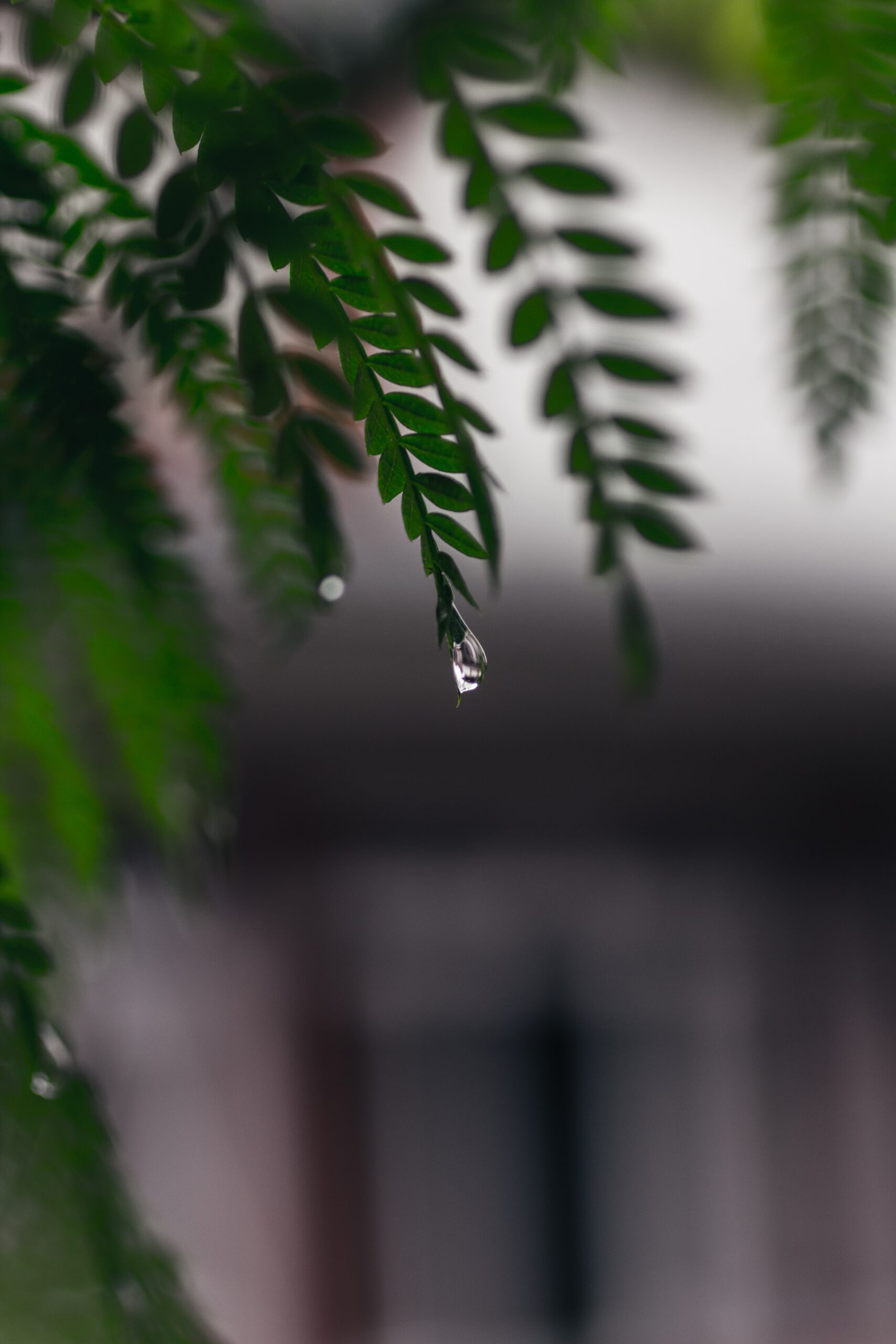Introduction
Ayurveda Regimen For Rainy Season, the ancient Indian science of life has two objectives, namely preventive care and curative health. The change of seasons brings in changes in our body too as we are part of the environment and not outside it. Ayurveda’s preventive health care include lifestyle changes/modifications based on the seasons.
Ritucharya (Climatic Homologation) helps us sail through the cycles of low appetite, good appetite and low strength or optimum strength. The basis for Ritucharya lies the fundamentally in the summer and winter solstices known as ‘Adana kala’ and ‘Visarga kala’ in Sanskrit.
The summer solstice, is a period of weakness, dryness and low nutrition or absorption as moisture is pulled away from the earth and its inhabitants. The winter solstice on the other hand is a time of strength, rehydration and nutrition as moisture is returned back to the earth as part of the water cycle.
Three seasons Shishira, Vasanta and Greeshma make up the Adana Kala and three other seasons Varsha, Sharad and Hemant form the Visarga kala.
In July, we are at the cusp between Adana and Visarga. During this time, one has to take utmost care and precaution to keep oneself immune to the changes that occur in the environment.
Ayurveda Regimen For Rainy Season
Varsha Ritu heralds the beginning of the winter solstice but it is the time immediately post-summer and the extreme weakness and dehydration that go with it. The body strength is lesser than optimum and the digestive fire is weak. The first rains cause humidity to increase and make the atmosphere sultry. This further weakens the digestive fire and vitiates all the three doshas, mainly Vata & Pitta builds in the body. The immunity is at its lowest.
The following do’s and don’ts may be applied to make sure you keep seasonal illnesses at bay, specially during the Covid times:

Do’s
- Honey with water every day.
- Citrus fruits, rock salt and Ghee are recommended.
- Light easily digestible foods. Food grains like, old barley, wheat and rice recommended. Non vegetarian can have meat and meat soups. Vegetarians can have moong dal soup.
- Use boiled water
- Massage the body, regular bath, and use of sandal paste
- Wear light cotton clothes
- Light exercises like walking and stretching.
- Use spices like ginger, pepper and cumin seeds
- Small quantity of alcohol
Don’ts
- Sattu mixed with water
- Day time sleep
- Going out in the morning dew
- River water (as it may be impure)
- Strenuous exercise (as body strength is low)
- Avoid refrigerated items
- Sexual indulgence
*Vata – Bio-energy: Cause of locomotion, circulation movement and distribution, *Pitta – Bio-energy: Responsible for metabolic aspects and Body heat
About the Author
Dr. Vinaya Ballakur, BAMS, MA, Ph.D. is an Ayurvedic Physician with over twenty-five years of professional experience. Currently, she is practicing Ayurveda at her private clinic and is also a Consultant Ayurveda Physician at the International Institute of Information Technology (IIIT), Hyderabad.

